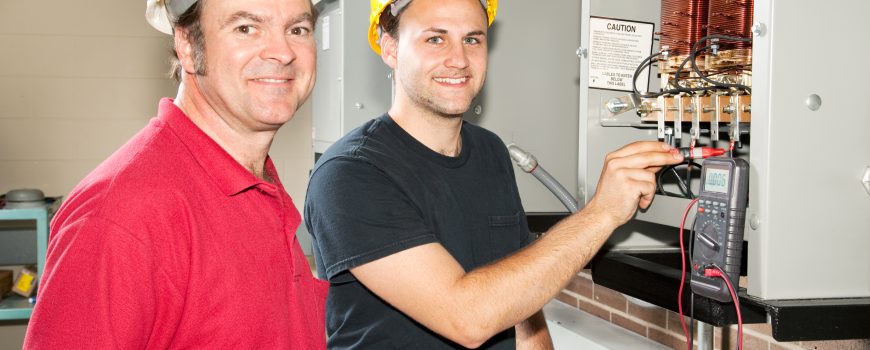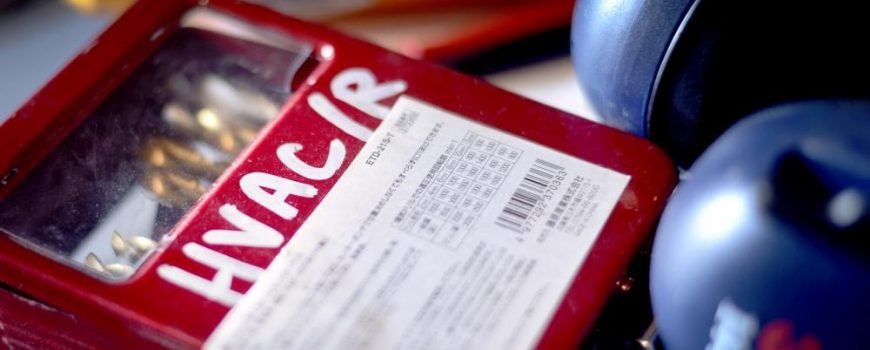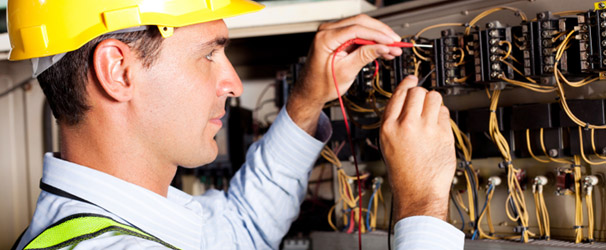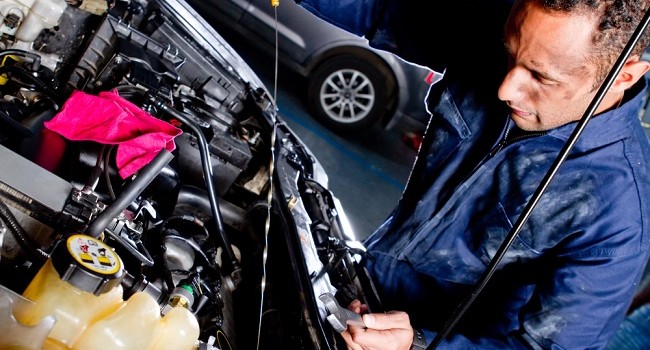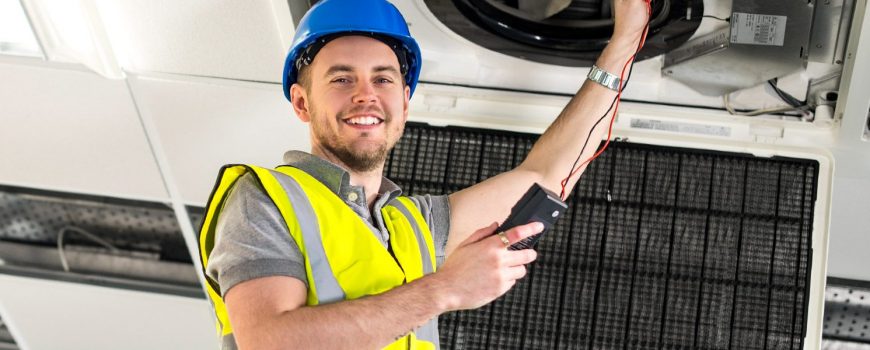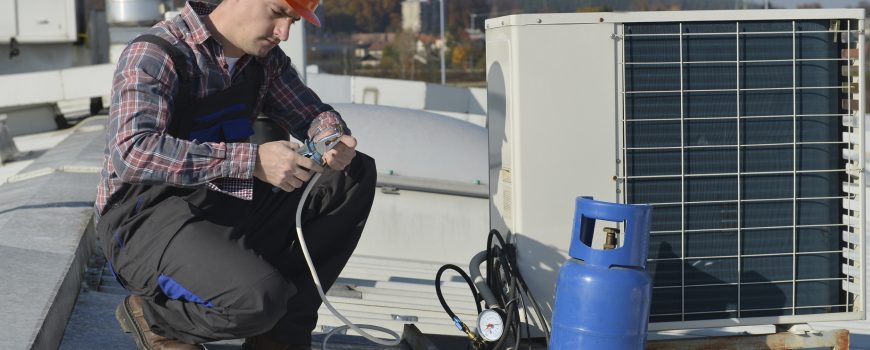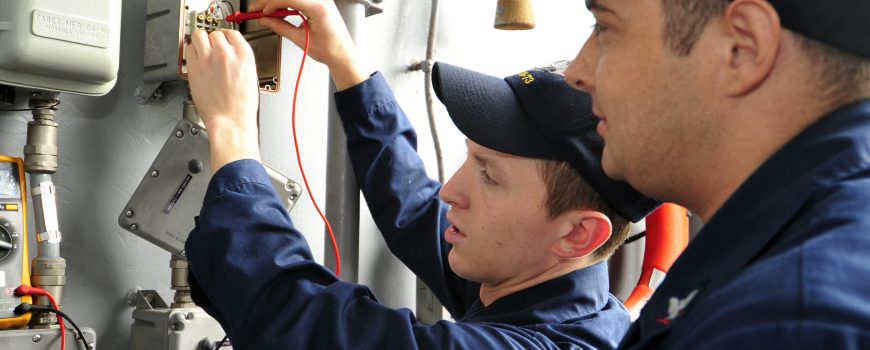“You don’t know what you have till it’s gone.” We’ve heard the old adage in all areas of life: relationships, health, lifestyle. So why not apply it to heating, ventilation and air conditioning? For when we no longer have it, isn’t it then that we realize how much our comfort depends on it?
And isn’t it then that we rely on the specific skills and expertise of HVAC technicians?
The skills and expertise of HVAC technicians are on demand today as climate change impacts our lifestyles and work environments, and as the construction and building industry booms. This week, we chose this video to highlight such expertise. Our hopes are to take your HVAC training one step further and ensure, as host and Senior Technical Training Consultant of HVAC Learning Solutions, Jose De La Portilla, puts it, your:
- Confidence
- Performance
- Accuracy
- Great Customer Service
Below are the 5 best practices he recommends to become the best HVAC technician you can become by showing you are professional, respectful, and organized, and take your career seriously.
- Look, walk, talk and act the part.
This means wear a clean uniform and tuck in your shirt. Believe it or not but a good first impression goes a long way when being invited to work in someone’s residence or work environment. Wearing throw-away shoe covers – however uncomfortable – show that you care about and respect the homeowner, their home, and their property.
- Be organized. Magnetic-Parts Dishes do the trick.
As an HVAC technician, you will be going from one job to another every day. Keeping magnetic-parts dishes with you at all times will prevent you from losing, misplacing, or mixing up those nuts, bolts, and screws you’ve disassembled from that AC machine, or from that electrical panel. If you are left with a screw or two in your dish, you know that something is missing. You also show your customer that you care about the job.
- Wear your safety glasses.
This shows commitment to your personal safety. A simple mistake can cause you to lose that job and the career that allows you to provide for yourself and your family. Think again and wear your safety glasses.
- Get rid of bling.
Again, this is a commitment to your personal safety. Take off any jewelry you are wearing before working on electrical panels and that could increase your chances of electrical shock. If you have a ring or piece of jewelry that you cannot take off, wrap it with electrical tape to prevent electrocution and getting hurt.
- Invest in your career by investing in your tools.
Have the right tools. It may be an investment, but it will be for the better. Jose De La Portilla gives the following recommendations:
- Combine an alligator clip with a meter: clip the alligator clip into one lead of potential or power. Then, attach the meter to hold another lead in place. This can increase your safety and decrease your time spent troubleshooting. The combination of these tools allows for your hands to stay out of electrical sockets.
- An amp meter with leads that are removable: the removable lead can plug directly into an amp probe meter that clamps right over a wire and allows for box panels to show clearly while measuring ampage remotely and accurately.
This is more than a job, it is your career. And we here at ATI in Las Vegas agree with Jose De La Portilla that you should be the best at that career that you can be. And we want to help.
Contact us now with any questions you have and join us on Facebook today!





